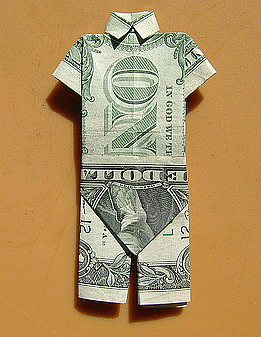
Despite numerous commitments to reform, The World Bank and the International Monetary Fund (IMF) are still using their aid to make developing countries implement inappropriate economic policies, with the tacit approval of rich-country governments. These economic-policy conditions undermine national policy making, delay aid flows, and often fail to deliver for poor people. If the world is to make poverty history, this practice must be stopped. Aid must be conditional on being spent transparently and on reducing poverty, and nothing more.
Of course, this aid should come with some terms attached. Rich countries have the right to expect their aid to be clearly accounted for. They - and citizens of poor countries - are also entitled to expect this aid to be used to fight poverty.
What rich countries are not entitled to do is use their aid to push economic-policy reforms such as privatization and liberalization on poor countries. But this is exactly what the World Bank and the IMF continue to do, with the tacit support of their rich-country shareholders. Economic-policy conditionality stops aid from working. It undermines national decision making, vital for successful development. It can lead to unpredictable 'stop-start' aid flows. And it can mean that poor countries have to implement policies based on dogma and ideology rather than on evidence.
Economic-policy conditions have first to be 'country-owned', and second, to be based on analysis of the impact of the policy on poor people prior to their application.
However, the evidence to date shows that the World Bank and the IMF have failed to kick the habit. Finally, both institutions are not systematically assessing the impact of economic-policy reforms on the poor.
This paper shows just how conditionality hurts. It looks at Mali, where far from leading to economic growth and poverty reduction, conditions have hiked electricity prices and are likely to hurt cotton farmers as well as delaying aid flows and undermining country ownership of policies.
Source: OXFAM www.oxfam.org